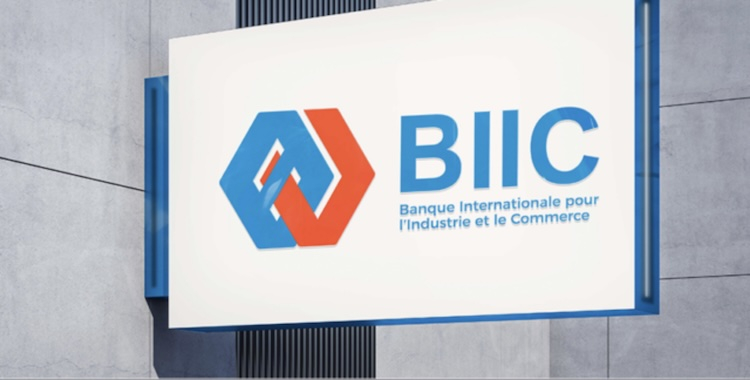In just three years, the Banque Internationale pour l'Industrie et le Commerce (BIIC) has emerged as a key player in Benin’s banking sector. The government is now seizing the opportunity to sell a portion of its stake in the bank, targeting proceeds of up to 121 billion FCFA ($191.7 million) to support its development agenda. This marks Benin’s second public offering in three months, following the successful listing of the Loterie Nationale du Benin (LNB).
The government plans to sell between 30.4% and 40% of its shares in BIIC, equivalent to 17.56 to 23.1 million shares. At a price of 5,250 FCFA per share, the offering could raise between 92 and 121 billion FCFA ($145 million to $191.7 million).
Established in 2020 through the merger of BIBE and BAIC, BIIC has become a dominant force in Benin’s financial landscape. As of June 30, 2024, it accounted for 22% of the country’s banking assets, far outpacing its closest competitor, BOA, which holds 14%.
The bank also leads in lending and deposits, with a 23% share of outstanding loans (739 billion FCFA) and 21% of customer deposits (889 billion FCFA). BIIC’s total assets have grown by 125% over three years, from 627 billion FCFA in 2021 to 1,411 billion FCFA today.
With equity capital of 107.9 billion FCFA, representing 21% of the sector’s total, BIIC is now the second most capitalized bank in Benin. Its net income has seen significant growth, climbing from 5.7 billion FCFA in 2021 to 27.2 billion FCFA in 2023.
The public offering, scheduled for January 13, 2025, aims to attract both local and international investors. If fully subscribed, the government’s stake could drop from 51% to just 11.26%, while public investors could hold up to 40%. The shares are expected to debut on the BRVM in early March 2025.
This partial divestment aligns with the government’s goals to enhance financial transparency, boost the regional stock market, and increase private sector participation in BIIC’s ownership. The proceeds will support key infrastructure projects without adding to the country’s debt burden.
Investors will be betting on a bank with a strong foothold in Benin’s economy. Additionally, a potential acquisition of Société Générale’s Benin operations by the state could significantly expand BIIC’s assets and market presence, further solidifying its position as a leader in the sector.










































